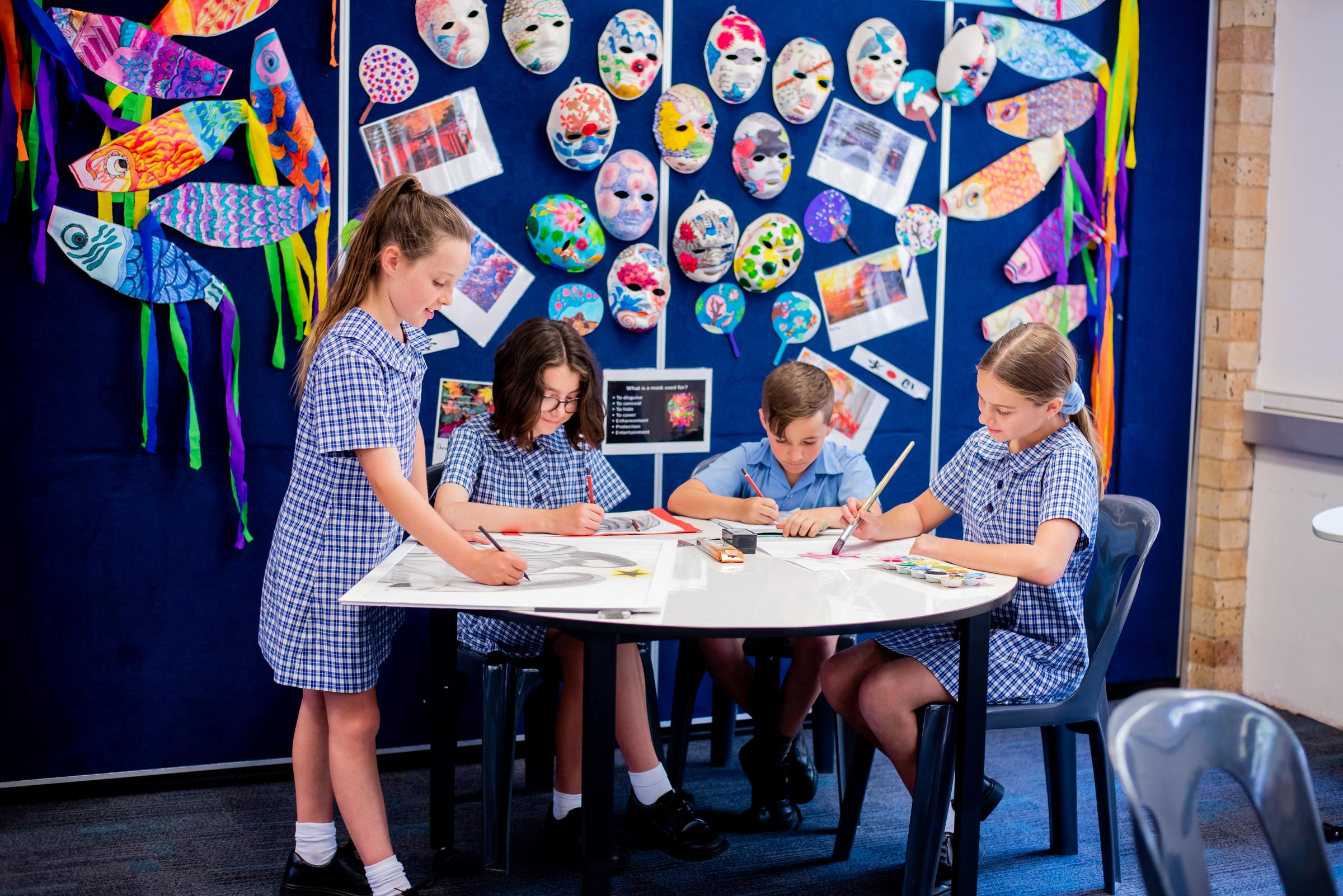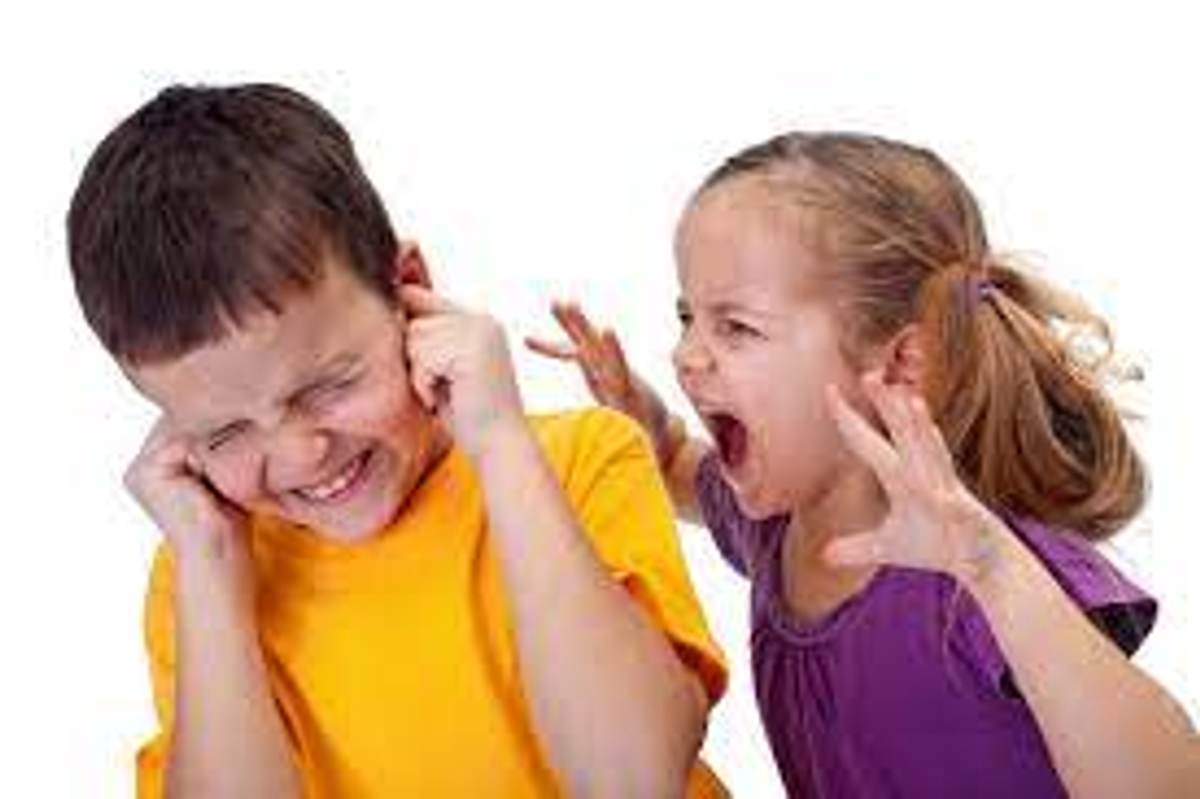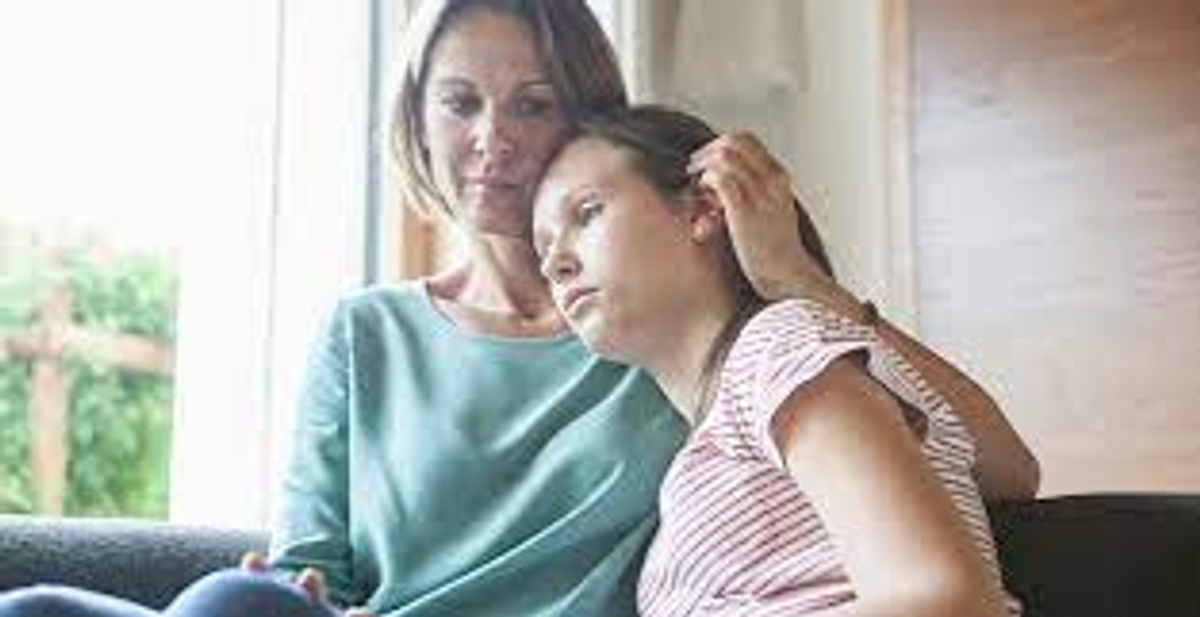Diverse Learning

Newman Program
In a world in which individuals are judged on the basis of performance, parents can sometimes be lured into believing that their worth is measured by their child’s achievements.
Parenting is not a competition. All children are unique with their own personal talents and skills. Nothing is more important than the bond parents form with their children. Please access and read the following article ‘Honoring the precious uniqueness of your gifted child’, by Linda Kreger Silverman who discusses the importance of parent/ child relationships and how to best support the gifted child.
Mrs Louise Gordon | Newman Coordinator
Learning Support
Does your child find it difficult to mix with other children?
Some children find it hard to make friends, keep friends or just play with others. Sometimes other problems (eg. difficulties talking with other children, understanding other children, concentrating, self-confidence, clumsiness, emotional difficulties) can lead to difficulties mixing with others.
So how can you help?
Try to pinpoint what areas may be affecting your child's ability to mix with others and help in that area. (eg. if your child's difficulty is poor confidence try strategies in this area, if your child's difficulty is in coordination try some strategies in this area). Your child's teacher may be able to give assistance to work out things that may be affecting your child's ability to talk and play with others.
At home model or show positive ways of playing games, how to share toys and how to follow rules. Talk about how important it is not to be too bossy and how everyone is expected to follow the rules. Encourage your children to practice playing fairly with each other.
Encourage your child to develop friendships with children that they share interests with, so that they will have something that they both enjoy doing or can share stories about, eg. other children in the soccer team, or children with the same types of toys.
Encourage friendships with children they see regularly, eg. children who live on the same street, go to the same school, or do the same activity together regularly.
Your child may benefit from joining a sporting club, or other activity such as cubs, so that they have more opportunities of meeting other children with the same interests.
When there are disputes eg. not sharing toys, arguing about game rules or fighting: talk with your child about how they would feel if the same thing happened to them. Talk with them about how they should resolve the situation so it is fair to both people.
Recognise when your child is playing well with their friend or other children in the family, and give them a reward straight away for "good playing". Rewards may be as simple as a hug or special treat or privilege. eg picnic lunch, trip to the shops. Make sure you tell your children what they are getting the reward for, and give it to them straight away if possible.
Your child's teacher or the school counsellor may also be able to give suggestions of strategies to try. They may also be able to help your child more in this area at school.
Ms Janelle Schembri | Learning Support





